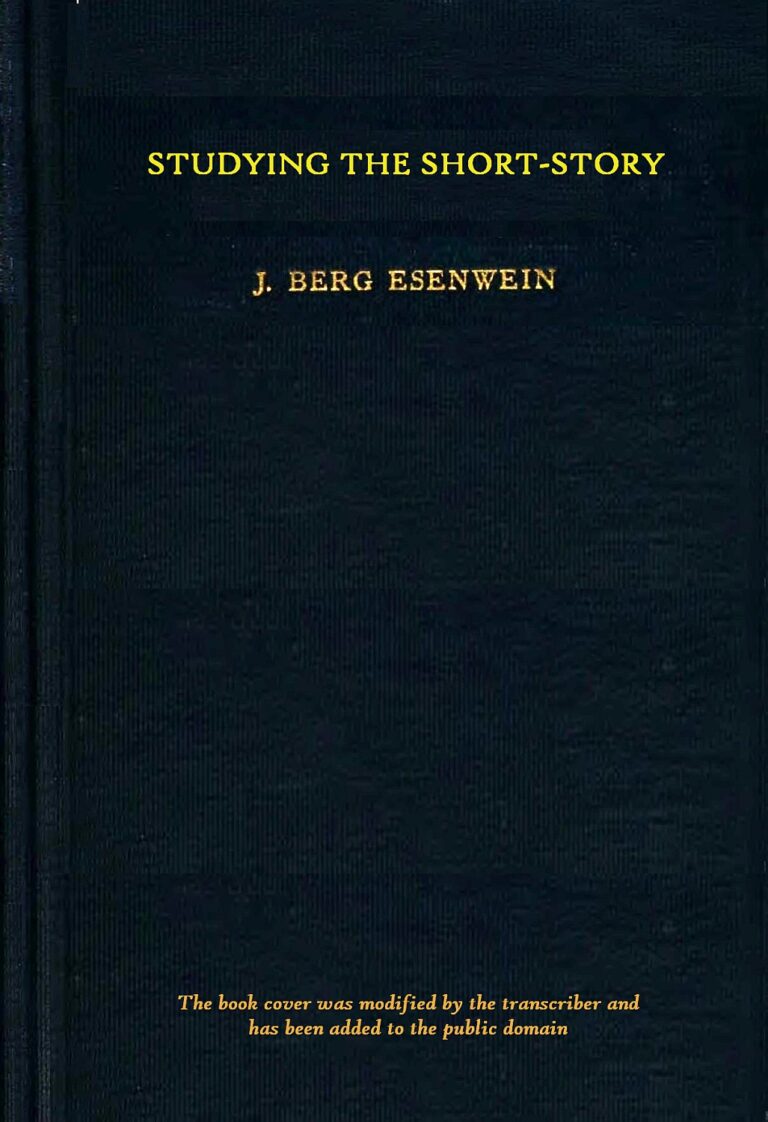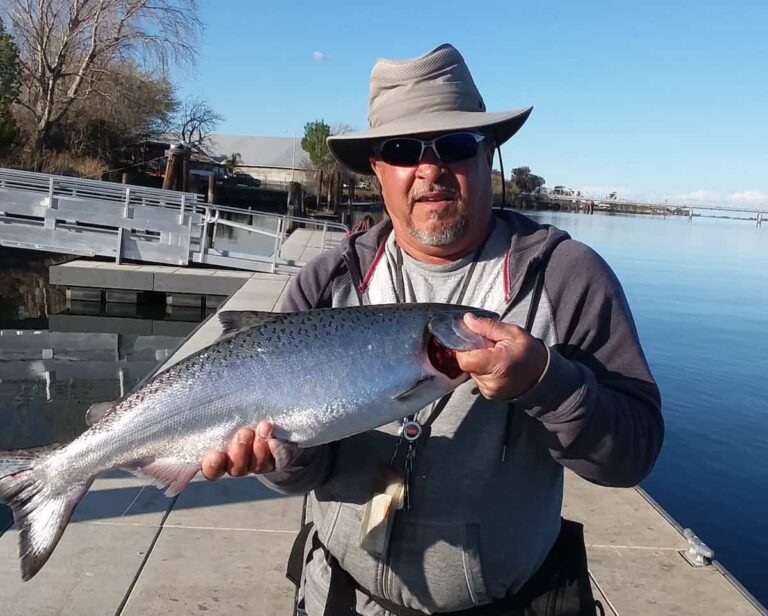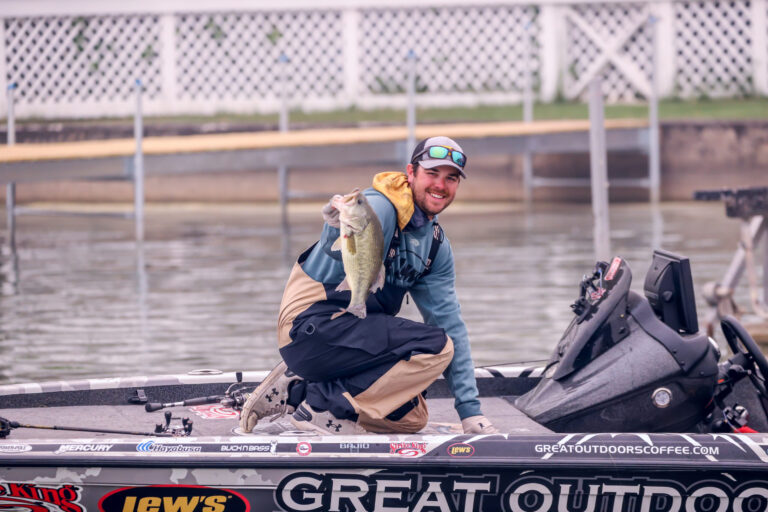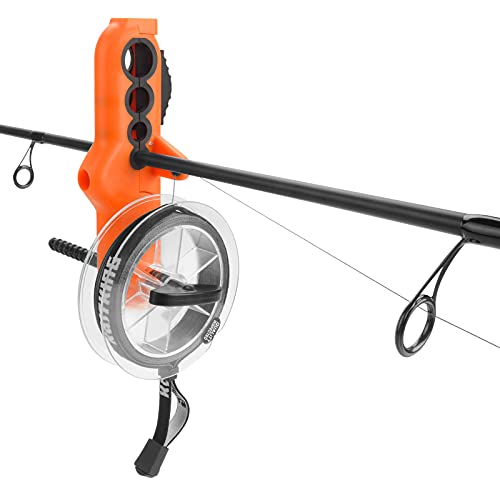A fishing license in vermont costs $28 for residents and $56 for non-residents. Fishing in vermont is a popular recreational activity that attracts both locals and visitors.
Whether you’re a resident or a non-resident, obtaining a fishing license is a necessary step to enjoy this outdoor pursuit. Vermont offers a variety of fishing opportunities with its numerous lakes, rivers, and streams. From trout fishing in the cold mountain waters to bass fishing in serene lakes, anglers can indulge in their favorite fishing activities.
In addition to the fishing license fees, there may be additional permits required for specific activities or locations. It’s important to review the fishing regulations and obtain the necessary permits before casting your line in vermont’s scenic waters.

Credit: www.ebay.com
Understanding The Importance Of A Fishing License
The Role Of Fishing Licenses In Vermont
Fishing is a popular recreational activity enjoyed by many in the beautiful state of vermont. However, before you cast your line into the clear waters of the green mountain state, it is essential to understand the importance of obtaining a fishing license.
Fishing licenses serve several crucial purposes and play a vital role in preserving the state’s natural resources and supporting the conservation efforts. Let’s delve into why having a fishing license is necessary and the benefits it offers.
Why Having A Fishing License Is Necessary
Obtaining a fishing license is not just a legal requirement; it is an essential step towards sustainable fishing practices. Here are some key reasons why having a fishing license is necessary:
- Conservation of fish population: Fishing licenses contribute to the conservation and management of fish populations in vermont. By regulating fishing activities, the state can prevent overfishing, protect certain species, and ensure the long-term sustainability of aquatic ecosystems.
- Funding fisheries programs: The revenue generated from fishing licenses is used to fund various fisheries programs in vermont. These programs include fish stocking, habitat restoration, research, education, and enforcement activities. By purchasing a license, you directly contribute to these efforts and help maintain the health and abundance of fish populations.
- Law enforcement purposes: Fishing licenses are vital for law enforcement agencies to monitor and enforce fishing regulations effectively. They help ensure that anglers adhere to catch limits, size restrictions, and other rules designed to protect the state’s fishery resources. Proper enforcement helps maintain a fair and equitable fishing environment for all.
Benefits Of Having A Fishing License
Besides fulfilling legal obligations and supporting conservation efforts, having a fishing license offers several benefits to anglers. Here are some advantages worth noting:
- Access to a vast array of fishing opportunities: By holding a valid fishing license, you gain access to vermont’s extensive network of rivers, lakes, streams, and ponds. This opens up endless opportunities to explore and fish some of the most picturesque and productive fishing locations in the region.
- Peace of mind: Fishing with a licensed permit allows you to relax and enjoy your angling experience without worrying about breaking the law. You can focus on honing your fishing skills, soaking in the serene beauty of vermont’s natural landscapes, and creating lasting memories with friends and family.
- Support for conservation efforts: As mentioned earlier, purchasing a fishing license directly contributes to various conservation initiatives. By obtaining a license, you actively participate in preserving the state’s fish populations for future generations to enjoy. It’s a rewarding feeling knowing that your angling pursuits contribute to the overall well-being of vermont’s aquatic ecosystems.
- Education and outreach: Fishing licenses often come with educational materials, such as brochures and handbooks that provide valuable information on fishing regulations, techniques, and conservation practices. These resources help anglers stay informed, enhance their fishing knowledge, and promote responsible angling practices.
A fishing license in vermont is much more than a legal requirement; it represents a commitment to environmental stewardship and responsible fishing practices. By obtaining a license, you actively support conservation efforts, gain access to a myriad of fishing opportunities, and contribute to the long-term health of the state’s fish populations.
So, before you hit the waters of vermont for that unforgettable fishing adventure, make sure you have your fishing license in hand and enjoy the beauty and tranquility of this angler’s paradise.
Exploring Cost-Saving Strategies For Fishing Licenses
Fishing in vermont is a popular outdoor activity, attracting both residents and visitors alike. As with any recreational pursuit, there are certain costs involved, and obtaining a fishing license is one of them. However, there are several strategies you can employ to save on the cost of a fishing license in vermont.
In this section, we will explore some of these cost-saving techniques to help you enjoy your fishing adventures without breaking the bank.
Researching Discounted Options For Fishing Licenses
When it comes to fishing licenses, vermont offers a range of discounts and deals that can help reduce the overall cost. Here are some key points to consider:
- Vermont residents may be eligible for discounted rates, so it’s important to research and familiarize yourself with the requirements for obtaining a resident fishing license.
- Non-residents usually pay a higher fee for fishing licenses. However, some neighboring states have reciprocal agreements with vermont, allowing their residents to fish in vermont waters at the resident rate. Be sure to check if your state is one of them.
- Some fishing licenses are offered at discounted rates for specific groups, such as seniors and veterans. If you fall into one of these categories, make sure to take advantage of any special discounts available.
Taking Advantage Of Resident And Non-Resident Rate Differences
One effective strategy for reducing the cost of a fishing license in vermont is to understand the rate differences between resident and non-resident licenses. Here’s what you need to know:
- Vermont residents can enjoy significantly lower fees compared to non-residents. This makes obtaining a resident fishing license a cost-effective choice if you are a resident of the state.
- If you are a non-resident planning to fish in vermont frequently, it may be more economical to consider becoming a resident, as the savings on fishing licenses and other outdoor permits can quickly add up.
Applying For A Multi-Year Fishing License
Another way to save money on fishing licenses in vermont is to opt for a multi-year license. Here are the benefits of choosing this option:
- Multi-year fishing licenses in vermont allow you to fish for multiple years without the hassle of renewing your license annually. It’s a convenient option that can save you time and money.
- By purchasing a multi-year license, you can often take advantage of discounted rates compared to the total cost of yearly licenses, providing long-term savings.
Utilizing Special Discounts For Seniors And Veterans
Vermont recognizes the contributions of seniors and veterans by offering special discounts on fishing licenses. Here’s how you can benefit from these discounts:
- Senior citizens aged 65 and older can enjoy reduced rates on fishing licenses. It’s important to provide the necessary documentation to verify your age and eligibility.
- Veterans can also take advantage of discounts on fishing licenses by presenting their military identification or other required paperwork. This is a small gesture of appreciation for their service.
By researching discounted options, leveraging resident and non-resident rate differences, considering multi-year licenses, and utilizing special discounts for seniors and veterans, you can make your fishing experience in vermont more cost-effective. Take the time to explore these strategies and enjoy the wonders of fishing without putting a strain on your wallet.
Tips For Maximizing Savings On Fishing Licenses
If you’re an avid angler in vermont, you’ll need a fishing license to enjoy the state’s beautiful waters. While fishing licenses are necessary, they don’t have to break the bank. With a few tips and tricks, you can maximize your savings on fishing licenses and enjoy more time on the water.
Keep reading to discover ways to save money while pursuing your passion for fishing.
Participating In Fishing Education Programs
- Enroll in fishing education programs offered by the vermont fish & wildlife department.
- These programs provide valuable knowledge about fishing techniques, regulations, and conservation practices.
- By completing a fishing education program, you may be eligible for discounts or incentives on fishing licenses.
- Education programs not only enhance your fishing skills but also help you save money.
Joining Angler Organizations For Potential Discounts
- Consider joining local or statewide angler organizations or clubs.
- These organizations often offer membership perks, including discounts on fishing licenses.
- As a member, you may have access to special promotions or reduced fees for fishing licenses.
- Engaging with fellow anglers in these organizations also provides networking opportunities and a chance to share fishing experiences.
Exploring Seasonal Fishing Licenses And Permits
- Vermont fish & wildlife department offers seasonal fishing licenses and permits for specific time periods.
- If you plan to fish during a particular season or have limited fishing time, a seasonal license is a cost-effective option.
- Look for discounted rates on fishing licenses for shorter durations, such as weekend licenses or summer permits.
- These licenses allow you to enjoy the sport without paying for a full-year license.
Considering Group Fishing Licenses For Families And Friends
- If you regularly fish with family or friends, consider purchasing group fishing licenses.
- Group licenses allow multiple individuals to fish under a single license, saving you money.
- This option is particularly beneficial for families who enjoy fishing together.
- Check with the vermont fish & wildlife department for specific requirements and availability of group licenses.
Remember, fishing licenses are essential for legal fishing in vermont, but that doesn’t mean you can’t find ways to save money. By participating in fishing education programs, joining angler organizations, exploring seasonal licenses, and considering group licenses, you can maximize your savings and make the most of your fishing adventures in vermont.
So grab your fishing gear, purchase your license, and get ready to reel in the memories.
Conclusion
Obtaining a fishing license in vermont is a straightforward process that allows you to enjoy the bountiful waters the state has to offer. Whether you’re a resident or a non-resident, the fees for a fishing license are reasonable and vary depending on your age and duration of the license.
By purchasing a fishing license, you not only comply with state regulations but also contribute to the conservation efforts of vermont’s natural resources. Remember to always have your fishing license on hand while enjoying your fishing expeditions, as wildlife officials routinely patrol the waters.
So, pack your fishing gear and head to vermont to experience the thrill of casting your line into the scenic lakes and rivers, surrounded by breathtaking natural beauty. Don’t miss out on the opportunity to create unforgettable memories while angling in vermont’s pristine waters.





